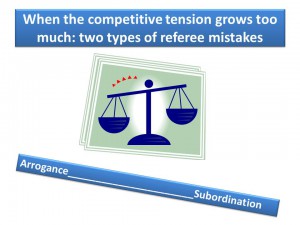Performance anxiety , agitation, nervousness are sensations that affect 40 % of Italians in the workplace. Problems that arise from stress, the second among the work-related health problems. Stress due to the competition, to the fast-paced, fear of making a mistake and for the many precarious even the fear of losing their jobs. In the European Union, the work-related stress affects nearly one in four people and costs 25 billion euros, in part because more than half of lost working days are caused by stress
For seven out of ten Italian workers the most common causes of stress are related to the job reorganization or the workload and working hours. Alarming figures coming out from a study of the national council of the psychologist roster, published in the book Risk work-related stress.
It is apparent that more than six out of ten Italian workers indicate one of the causes of stress also the lack of support from colleagues or superiors and unacceptable behavior such as bullying, harassment or at unclear roles and responsibilities.
Among the groups most at risk are nurses, staff call centers or offices complaint employees, drivers. “Adopting the right approach – says Giuseppe Luigi Palma , president of the national council of psychologists – the workers and the companies can win the battle against stress, is preventable and shared actions can be very effective.” The book presents a large risk of work-related stress cases. Nearly half of workers in Europe (51 %) believe that work-related stress is common in the workplace . Women workers are more likely to consider a common phenomenon (54 % vs. 49%). The perception of work stress also varies depending on the sector, the first sector to indicate cases of work-related stress as a common phenomenon is that health community (61% , including 21 % who felt that such cases are ” very common ” ) .





